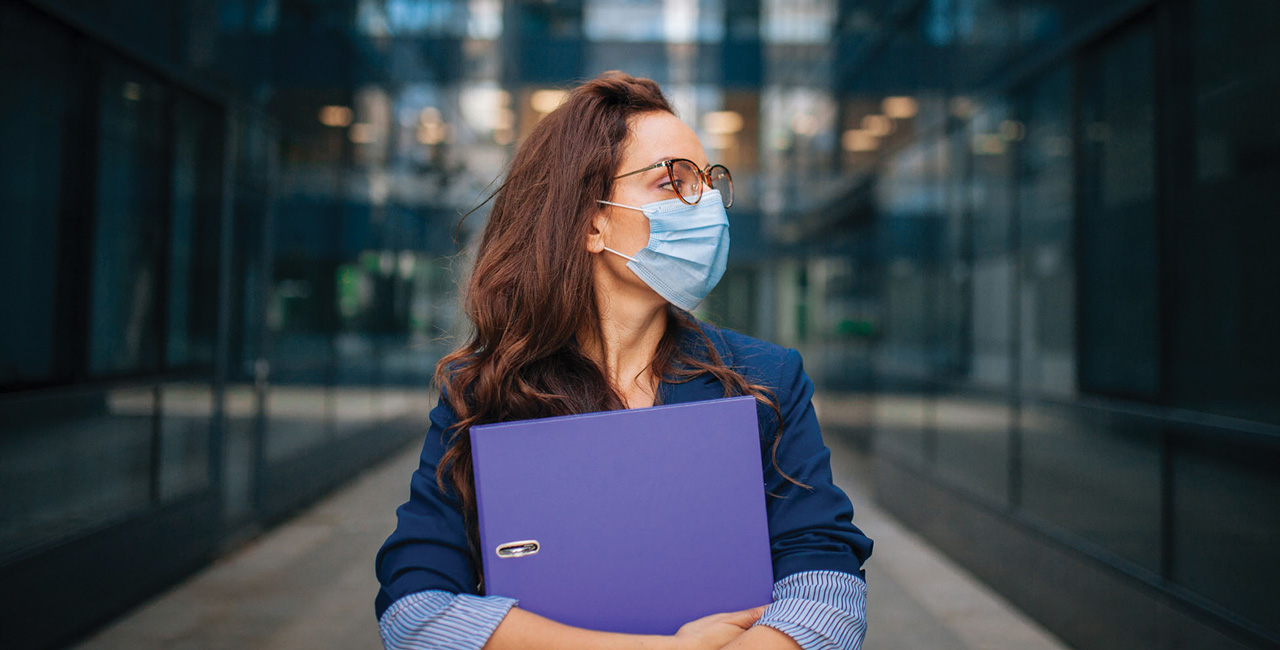“Beyond concerns for safety and economic stability, there’s no clear end in sight, which limits the ability to be future-oriented,” explains Amy Hiraldo, MSW, LCSW, Director of Outpatient Services at Penn Medicine Princeton House Behavioral Health’s Princeton site. “It’s hard to plan anything in a meaningful way. When your sense of hope and optimism for the future is impacted, there’s a greater risk for depression and anxiety.”
According to Hiraldo, navigating this new terrain is all about finding balance and building resilience. She notes that behavioral health providers can incorporate the following advice when treating their patients.
Set limits. Those struggling with reentry anxiety should give themselves permission to say no. For example, just because relatives are participating in large gatherings doesn’t mean that comfort level is the same for everyone. Focused introspection is key to determining your comfort zone and finding ways to safely connect with others.
Focus on what can be controlled. Life is not perfect even in normal circumstances, and issues come up that can’t be anticipated. But certain things that can be controlled are critical to building a foundation of resilience and improving the ability to handle stressors. These include getting enough sleep, sticking to a regular sleep pattern, eating well, and incorporating exercise or movement into each day.
Practice dialectical thinking. When people experience anxiety or depression, they may lose the ability to see the dialectical nature of situations. But finding the capacity to pause, examine your thoughts, and consider the other side of any situation can foster resiliency. A good place to start can be asking the question, “If I were arguing the other side of this, what would I say?”
Manage expectations. The new normal will come with its own challenges. It’s important to anticipate additional and ongoing limitations rather than expecting a definitive return to pre-COVID-19 ways of life.
Take advantage of peer support. Hearing how others are dealing with common COVID-19 stressors can be valuable. Online support groups are emerging throughout the region. Start by checking your professional organization for a peer support group.
Hiraldo adds that particularly during these extremely stressful times, an intensive outpatient or partial hospital program and medication when appropriate may help facilitate positive outcomes.
"We’ve all been through a lot, and there’s no one right way to process it,” she says. “Sometimes a higher level of care can be the boost that’s needed to get unstuck and back on track to improved mental health.”
For more information about about adult outpatient services, visit princetonhouse.org or call 888.437.1610.
Article as seen in the Fall 2020 issue of Princeton House Behavioral Health Today.



